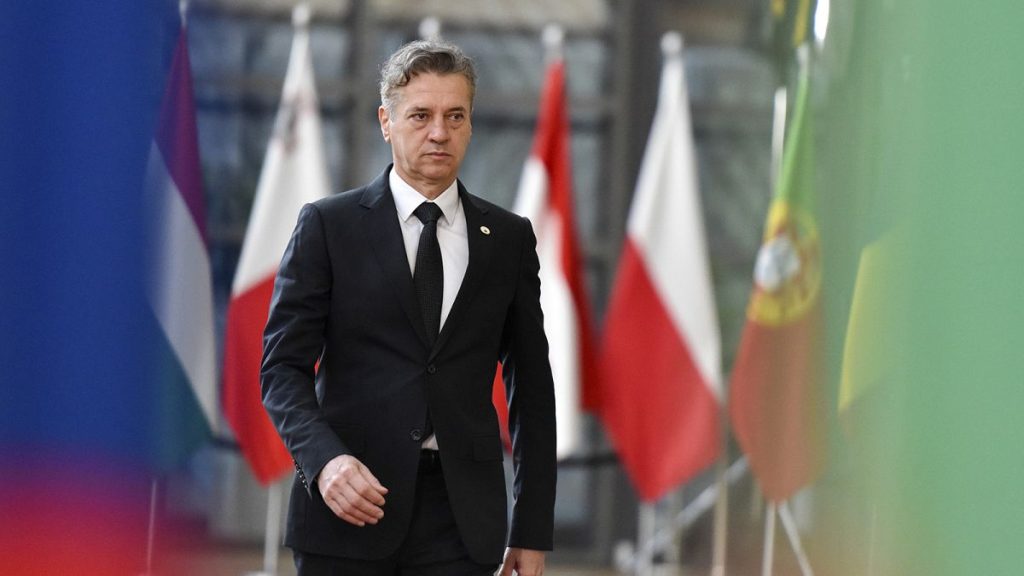Slovenia has become the latest European country to recognize Palestine after its government approved Prime Minister Robert Golob’s proposal. The decision, seen as a formality, was made in response to recent deadly attacks by Israel in Rafah. The recognition is not intended to be against Israel but rather as a message of peace to bring lasting peace to the Middle East. The next step is for the small Alpine country’s parliament to ratify the decision, which is not expected to face any opposition from the parliamentary parties in the 90-seat National Assembly.
The path to recognition and participation of the Palestinian state in international institutions has been challenging, with obstacles from Western countries, most of which have refrained from formalizing relations with Palestine. While 145 UN member states have recognized Palestine, EU countries are divided on the issue, with varying stances. Spain, Ireland, and Norway recently formally recognized Palestine, prompting Slovenia to follow suit along with Malta, although the latter has indicated it will wait for the right circumstances. Other European nations, including Belgium and Luxembourg, have expressed support for recognizing Palestine but have not set a clear date for their decision. Denmark’s parliament rejected a bill on recognition due to a lack of preconditions.
Slovenian President Nataša Pirc Musar and Minister of Foreign Affairs Tanja Fajon supported the decision to recognize Palestine. Fajon emphasized the urgency of the situation, noting the escalating war and lack of negotiations over Gaza. The initiative aims to bring all parties involved to act towards achieving lasting peace in the region. Prime Minister Golob stressed that the recognition is a message of peace and is not directed against Israel. The decision is expected to be ratified by the Slovenian parliament as none of the parties in the National Assembly are likely to oppose it.
The recognition of Palestine by Slovenia showcases the continued challenges faced by the Palestinian state in gaining broader international recognition. While many UN member states have recognized Palestine, Western countries, including EU nations, have been hesitant to formalize relations. The recent efforts by Spain, Ireland, and Norway, followed by Slovenia, could signal a shift in the stance of some European countries towards recognizing Palestine. However, the varying opinions within the EU on the issue highlight the complexities involved in reaching a consensus on recognizing the Palestinian state.
The decision by Slovenia to recognize Palestine comes amidst escalating conflicts in the region, particularly in Gaza, where recent attacks by Israel have resulted in casualties. The move is intended as a message of peace and a call for all parties to work towards a lasting resolution in the Middle East. The recognition of Palestine by Slovenia, along with other European countries, reflects a growing international acknowledgment of the need to address the longstanding conflict and pursue peaceful solutions. The recognition also underscores the importance of international cooperation in promoting peace and stability in the region.
In conclusion, Slovenia’s decision to recognize Palestine underscores the country’s commitment to promoting peace in the Middle East and supporting the Palestinian cause. The move, although seen as a formality pending parliamentary ratification, sends a strong message of solidarity with the Palestinian people in their quest for statehood. While challenges remain in gaining broader international recognition for Palestine, the recent efforts by European countries, including Slovenia, reflect a growing awareness of the need to address the longstanding conflicts in the region and work towards a peaceful resolution. As the international community continues to navigate the complexities of the Israeli-Palestinian conflict, the recognition of Palestine by Slovenia and other nations symbolizes a step towards a more inclusive and collaborative approach to achieving lasting peace in the Middle East.


